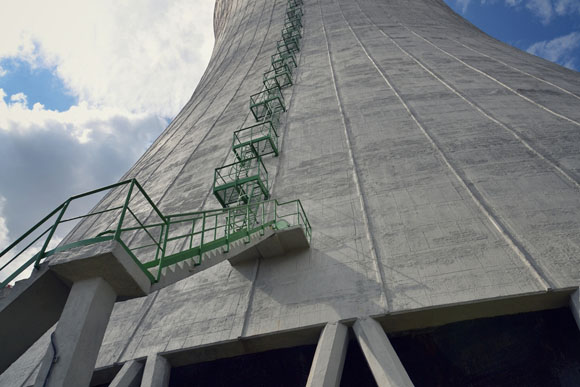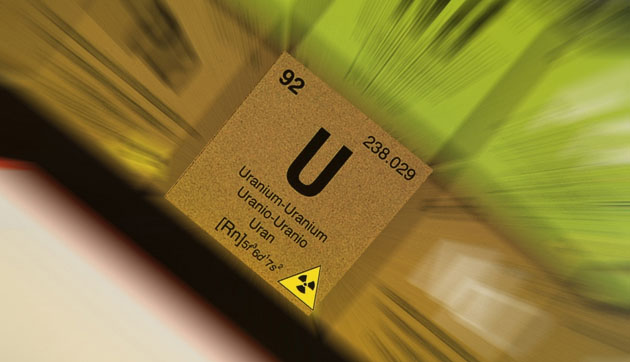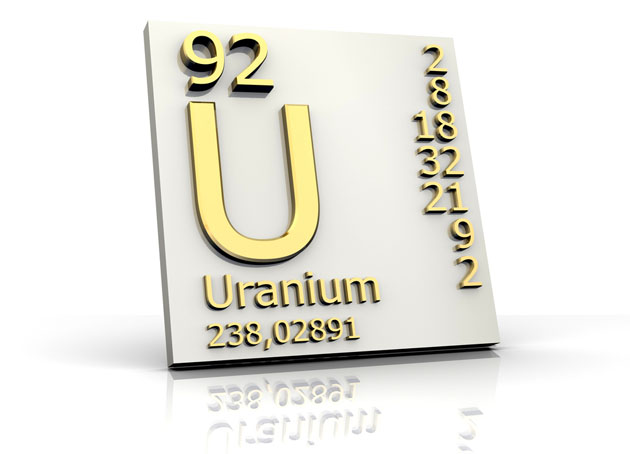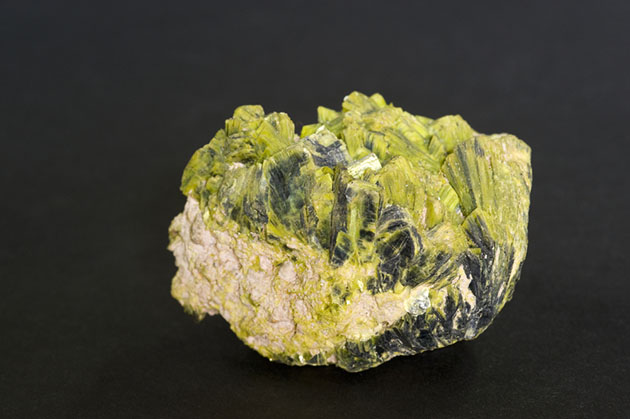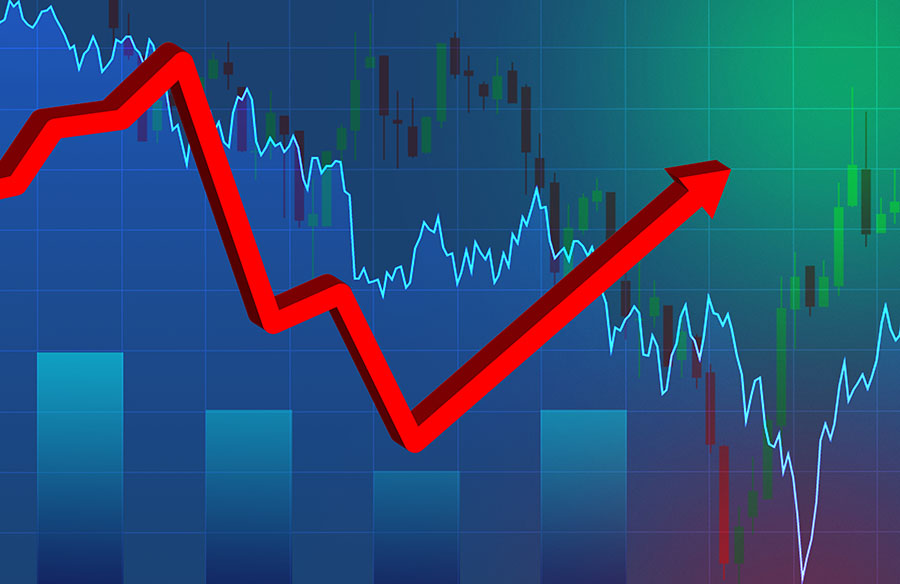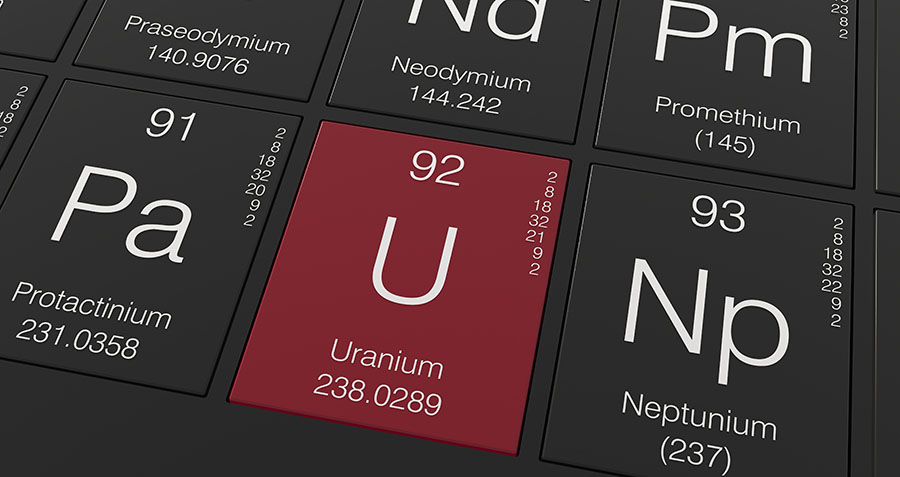Germany's Nuclear Decision and Uranium Stocks
Source: Jeb Handwerger, Gold Stock Trades (6/21/11)
"We think nuclear energy is the solution for the future."
Deutschland (EWG) is taking the wrong road again. It is a decision that is political and irrational motivated in response to the Green Party. It makes one wonder what some politicians do to try to get elected.
The leaders of German Industry have written an open letter stating that the ending of German Nuclear Energy with such "unprecedented haste" gives us increasing worry.
Germany has been the crown industrial jewel maintaining a profitable economy in the heartland of an otherwise deficit-ridden Europe. The chief executive of Daimler Motors voiced fear about Germany's abrupt about face in nuclear policy.
The huge power requirements of Germany's heavy manufacturing companies that are the flower of the European economy will now be dependent on power sources from France and Russia. Could this be a potential black swan?
Germany's electricity prices, which have more than doubled in the last 10 years, now become a sensitive issue for German industry. This nuclear transition is forcing an increased reliance on not only coal (KOL) but also nuclear energy from France (EWQ) and natural gas (UNG) from Russia.
This is no way to run a modern industrial nation.
Angela Merkel, the current prime minister, is running scared and scuttling Europe's (FXE) most-advanced modern industrial machine.
It is important that readers be aware that the left socialist based anti-nuclear movement in Germany was strong long before Fukushima. The Japanese tragedy provided the ammunition needed by the anti-industrial left. The nuclear plants (NLR) were growing old in need of revamping.
Chancellor Schroder who preceded Merkel was sympathetic to the Green Party and committed to a nuclear (URA) phase-out plan by 2022. Merkel's response in late 2010 was to attempt to extend the nuclear exit by 12 additional years.
Many riots and demonstrations occurred in response to Merkel's move. She was under pressure to give in to Socialist demands when Fukushima provided the immediate excuse for Merkel to reverse her policy and decide to close all of Germany's nuclear plants. Now you know the rest of the story.
We see that Germany's decision to forsake its nuclear reactors was a long time coming. This is despite Merkel's statement, which was misleading, when she said, "After what was an unimaginable disaster at Fukushima, we had to reconsider the role of nuclear energy." At a news conference in the presence of several of her cabinet ministers, she announced the decision to close all of the reactors by 2022.
This is a sharp policy reversal that will make Germany (EWG) the first major modern industrial nation to abandon nuclear power (NLR). Merkel's move is in contrast to the U.S. (SPY), China (FXI), India, Russia (RBL) and many other countries that are continuing full speed ahead with safe and up-to-date nuclear power plants.
There are currently 62 modern and efficient power plants being built all over the world, including 27 in China, 5 in India, 11 in Russia—and even 2 in Japan (EWJ) among many others that have elected to continue turning on nuclear power (URA). In fact, uranium is fast approaching a supply/demand deficit and a possible shortage in uranium ore (PKN).
There are currently 443 operating reactors, not including the new plants coming online that require 180 million pounds (Mlb.) uranium annually. The world produces only 130 Mlb./year. Already there is a yearly shortfall of 50 Mlb., which is being filled until 2013 by the Russian Highly Enriched Uranium Agreement (HEU)
Russia has made it clear that it will not renew this agreement after 2013, as it will need the fuel for its own domestic needs.
Meanwhile, the Nuclear Regulatory Commission (NRC), which oversees nuclear power in the U.S., has been conducting special investigations into nuclear reactors. The chairman of the NRC has expressed confidence in the safety of American nuclear reactors, and U.S. utilities are purchasing all available supplies of ore.
Additionally, the French prime minister recently said, "We think nuclear energy is the solution for the future."
One must always be aware that the German decision is politically driven. The move to end nuclear will increase energy prices and imperil German competitiveness.
Gold Stock Trades is focusing a strong eye on the most promising uranium miners in the U.S., which may soar as the Russian HEU Agreement concludes in 2013. Some low-cost in-situ uranium miners appear to be forming bases, while the higher-cost miners are hitting new lows.
The leaders of German Industry have written an open letter stating that the ending of German Nuclear Energy with such "unprecedented haste" gives us increasing worry.
Germany has been the crown industrial jewel maintaining a profitable economy in the heartland of an otherwise deficit-ridden Europe. The chief executive of Daimler Motors voiced fear about Germany's abrupt about face in nuclear policy.
The huge power requirements of Germany's heavy manufacturing companies that are the flower of the European economy will now be dependent on power sources from France and Russia. Could this be a potential black swan?
Germany's electricity prices, which have more than doubled in the last 10 years, now become a sensitive issue for German industry. This nuclear transition is forcing an increased reliance on not only coal (KOL) but also nuclear energy from France (EWQ) and natural gas (UNG) from Russia.
This is no way to run a modern industrial nation.
Angela Merkel, the current prime minister, is running scared and scuttling Europe's (FXE) most-advanced modern industrial machine.
It is important that readers be aware that the left socialist based anti-nuclear movement in Germany was strong long before Fukushima. The Japanese tragedy provided the ammunition needed by the anti-industrial left. The nuclear plants (NLR) were growing old in need of revamping.
Chancellor Schroder who preceded Merkel was sympathetic to the Green Party and committed to a nuclear (URA) phase-out plan by 2022. Merkel's response in late 2010 was to attempt to extend the nuclear exit by 12 additional years.
Many riots and demonstrations occurred in response to Merkel's move. She was under pressure to give in to Socialist demands when Fukushima provided the immediate excuse for Merkel to reverse her policy and decide to close all of Germany's nuclear plants. Now you know the rest of the story.
We see that Germany's decision to forsake its nuclear reactors was a long time coming. This is despite Merkel's statement, which was misleading, when she said, "After what was an unimaginable disaster at Fukushima, we had to reconsider the role of nuclear energy." At a news conference in the presence of several of her cabinet ministers, she announced the decision to close all of the reactors by 2022.
This is a sharp policy reversal that will make Germany (EWG) the first major modern industrial nation to abandon nuclear power (NLR). Merkel's move is in contrast to the U.S. (SPY), China (FXI), India, Russia (RBL) and many other countries that are continuing full speed ahead with safe and up-to-date nuclear power plants.
There are currently 62 modern and efficient power plants being built all over the world, including 27 in China, 5 in India, 11 in Russia—and even 2 in Japan (EWJ) among many others that have elected to continue turning on nuclear power (URA). In fact, uranium is fast approaching a supply/demand deficit and a possible shortage in uranium ore (PKN).
There are currently 443 operating reactors, not including the new plants coming online that require 180 million pounds (Mlb.) uranium annually. The world produces only 130 Mlb./year. Already there is a yearly shortfall of 50 Mlb., which is being filled until 2013 by the Russian Highly Enriched Uranium Agreement (HEU)
Russia has made it clear that it will not renew this agreement after 2013, as it will need the fuel for its own domestic needs.
Meanwhile, the Nuclear Regulatory Commission (NRC), which oversees nuclear power in the U.S., has been conducting special investigations into nuclear reactors. The chairman of the NRC has expressed confidence in the safety of American nuclear reactors, and U.S. utilities are purchasing all available supplies of ore.
Additionally, the French prime minister recently said, "We think nuclear energy is the solution for the future."
One must always be aware that the German decision is politically driven. The move to end nuclear will increase energy prices and imperil German competitiveness.
Gold Stock Trades is focusing a strong eye on the most promising uranium miners in the U.S., which may soar as the Russian HEU Agreement concludes in 2013. Some low-cost in-situ uranium miners appear to be forming bases, while the higher-cost miners are hitting new lows.


